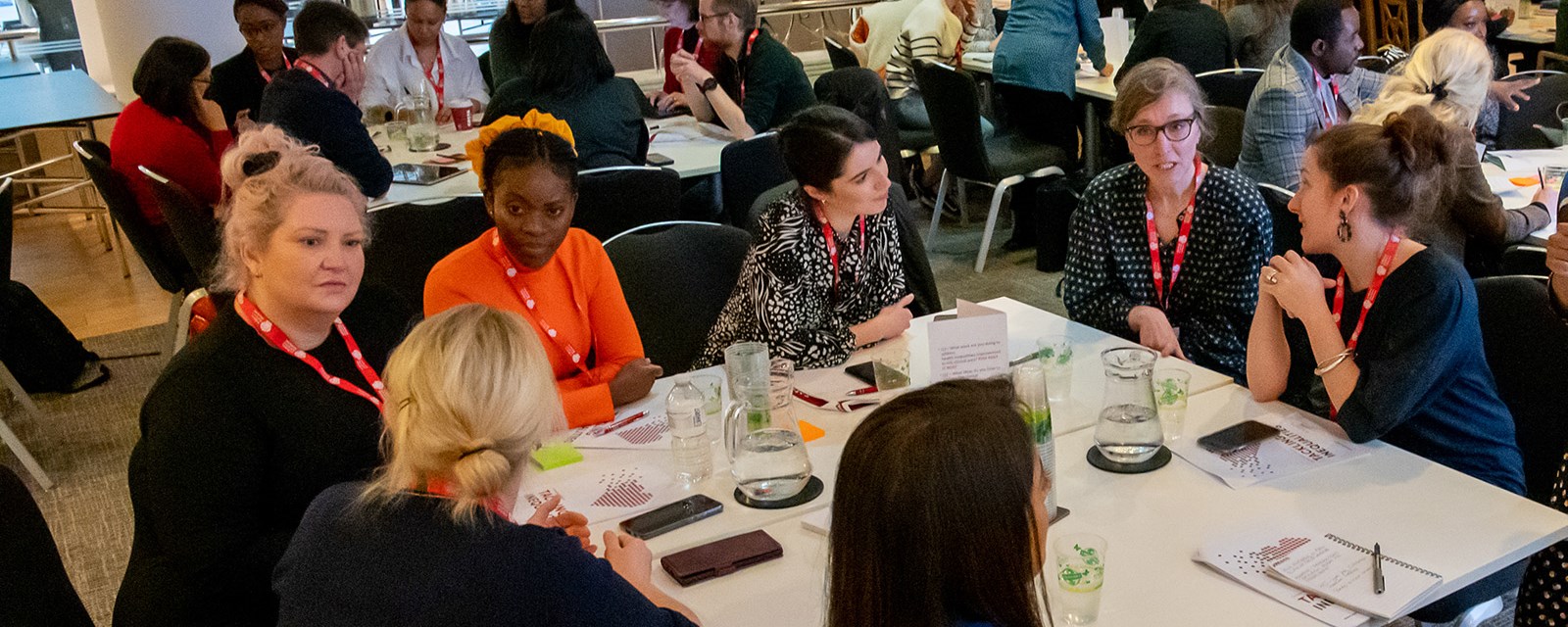
What we learned at the Tackling Inequalities conference 2023: Maternity
In a series of articles, we share insights from NHS England's new report on key learnings from our joint Tackling Inequalities conference in January 2023. The report has been published ahead of the upcoming second conference on 16 January 2024, which will focus on tackling inequalities through innovation and entrepreneurship. Hosted by the Royal Society of Medicine and NHS England, the first conference marked the launch of a multi-year programme tackling healthcare inequalities, focusing on Core20PLUS5's key clinical areas. This article delves into the conference's insights on addressing maternity inequalities.
The World Health Organisation defines maternal health as the well-being of women during pregnancy, childbirth and the postnatal period. In England, where women constitute 51% of the population, live births are disproportionately higher in the 10% most deprived areas compared to the least deprived. There is a stark contrast in maternal health outcomes for black and minority ethnic women when compared to their white British counterparts.
Research shows that economic deprivation and minority ethnic backgrounds are contributors to adverse pregnancy outcomes, leading to stillbirths, preterm births, and births with Fetal Growth Restriction. Language difficulties, mismatched expectations, and complex needs extending beyond maternity care are recurring themes in studies focusing on maternity care for ethnic minority women.
The Tackling Inequalities Conference 2023 served as a platform for sharing experiences, initiatives, and ideas to tackle health inequalities in maternity care. Participants focused on key themes, such as addressing smoking in pregnancy, co-designing services with seldom-heard communities, implementing family nurse partnerships, promoting breastfeeding, highlighting birth rights, and emphasising maternal continuity of care with personalised approaches.
During the conference, participants explored innovative ideas to reshape maternity care, including:
- the need to address unconscious bias among midwives and healthcare professionals
- foundational training for doctors, midwives, and nurses, emphasising increased knowledge and awareness of race, prejudice, and cultural competence in health
- improving health literacy within minority communities, focusing on addressing language barriers
- removing barriers to healthcare access, such as eliminating NHS charges for asylum seeker women
- empowering individuals with education on self-advocacy and recognising healthcare concerns
- actively listening to and acknowledging the concerns of women to reduce stress and its impact
- increasing diversity in the maternity workforce
- a joined-up approach to research involving academia, public health, NHS, regulatory bodies, and the Care Quality Commission (CQC)
- increased research into the causes of differential outcomes for maternal health
Participants concluded the conference with pledges to contribute towards addressing health inequalities in maternity care, including improving education for midwives, ensuring equality underpins all programmes of work, and continuing the education of colleagues and communities on societal inequalities.
Access the full report here.
Book your place at Tackling Inequalities: Through innovation and entrepreneurship on 16 January 2024.
